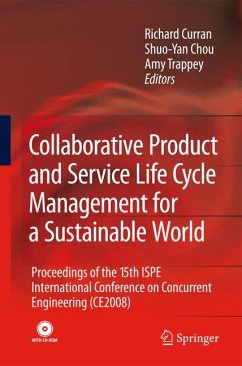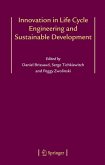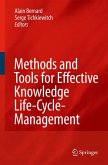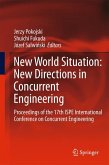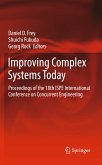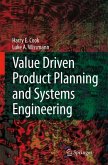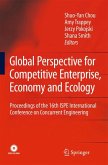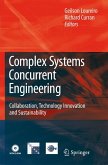There is a need to rethink the way in which we make things in order to revise the 'cradle to grave' philosophy of the industrial revolution, which can be viewed as an extreme relative to nature's principle of sustainable evolution. Human productivity and progress can be positively engineered and managed in harmony with the provision and needs of our natural environment. One century on from the industrial revolution, this is now the time of the sustainable revolution; requiring holistic technological, process and people integrated solutions to sustained socio-economic enhancement. It might surprise Albert Einstein that he rather well encapsulated the nature of this 'evolutionary struggle' when he stated: "The world will not evolve past its current state of crisis by using the same thinking that created the situation".
Collaborative Product and Service Life Cycle Management for a Sustainable World gathers together papers from the 15th ISPE International Conference on Concurrent Engineering (CE2008),to stimulate the new thinking that is so crucial to our sustained productivity enhancement and quality of life.
Dieser Download kann aus rechtlichen Gründen nur mit Rechnungsadresse in A, B, BG, CY, CZ, D, DK, EW, E, FIN, F, GR, HR, H, IRL, I, LT, L, LR, M, NL, PL, P, R, S, SLO, SK ausgeliefert werden.

